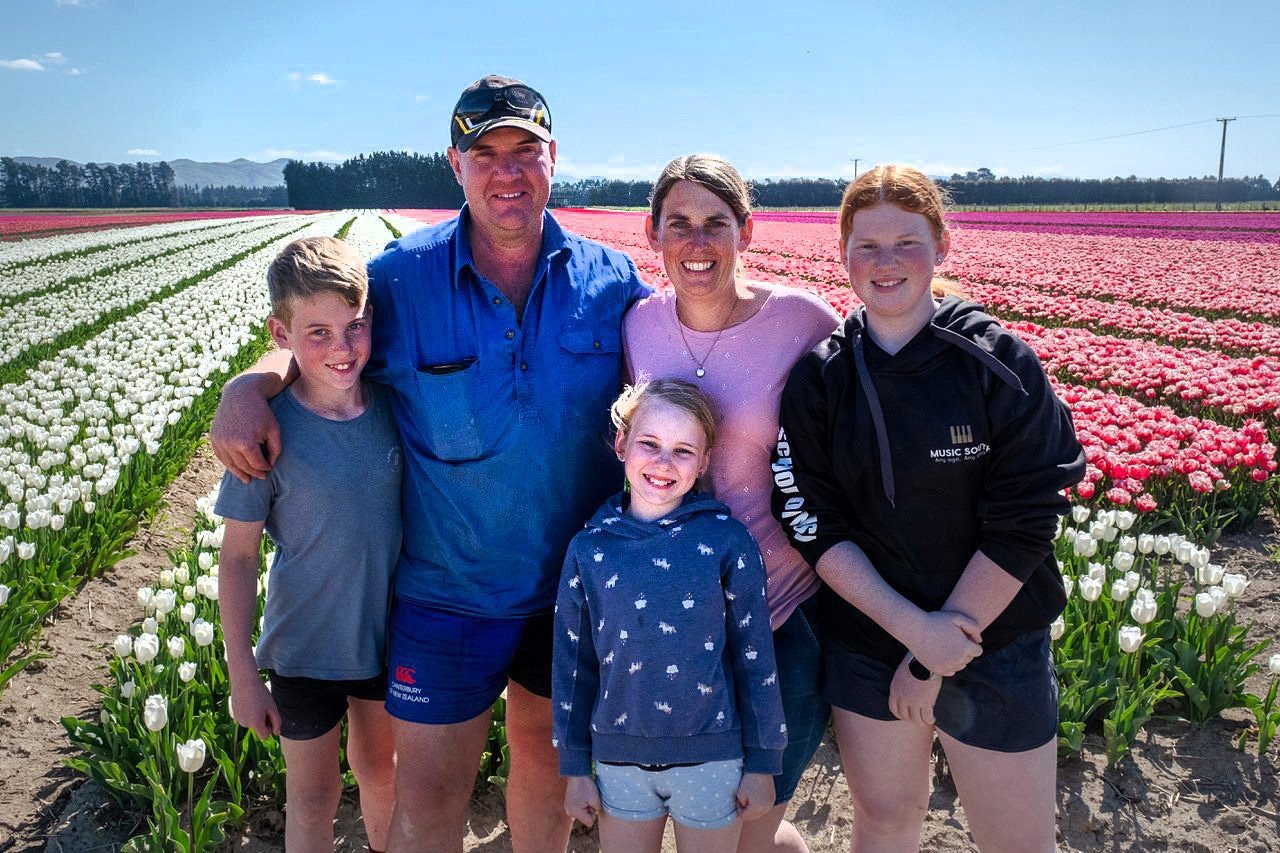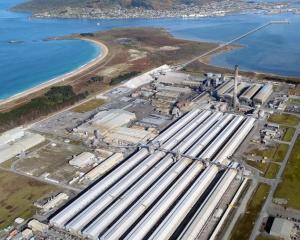
Earlier this week, Blair Drysdale posted a photograph on social media of a crop of oats thriving in northern Southland.
It was destined to eventually end up as porridge oats, served up as a healthy homegrown breakfast on tables around the country’s homes.
But on the back of what Mr Drysdale described as the "Government attack on food production" — a proposed scheme that would require farmers to pay for agricultural emissions in some form by 2025 — he expected that would ultimately lead to a "dramatic" price increase for that porridge.
While numbers were not known yet, it was "something to think about over your breakfast," he said.
Mr Drysdale is third-generation to farm Hopefield, a 320ha flat, fertile property at Balfour, alongside his wife Jody and their three children.
They have a mix of arable and livestock farming and, in 2018 — after much discussion and research — ventured into the hemp industry.
That was driven by a desire to produce a product that gave them a direct connection to the end consumer, rather than a commodity product that disappeared once it left the farm gate.
He no longer called himself a farmer; rather, he was a food producer, and that was a term that he encouraged other farmers to use. For that was exactly what they were, Mr Drysdale said.
The rural community were disappointed they were not allowed "to use all the tools in the toolbox" around on-farm tree planting, shelterbelts and plantations and on-farm sequestration outside of the emission trading scheme (ETS), he said, referring to this week’s Government announcement on emissions.
That was frustrating, while it also felt like "another attack on food producers" who were overwhelmed by everything that was going on — from winter grazing to He Waka Eke Noa.
What had become evident was that people were coming at food production "with uneducated hot takes". Many lacked understanding of it, nor did they want to understand, he said.
"The reality is farmers want to improve and be part of solutions, as long as they’re allowed to use all the tools."
The number of people who genuinely believed that milk came from the back of the supermarket was "unbelievable".
People also failed to recognise that the issue was not just about meat and milk; the emissions proposal would affect every food ingredient and food in supermarkets, whether that was wheat that went into bread, or fruit and vegetables, he said.
Under the proposal, New Zealand’s food producers are expected to meet the new emissions targets.
He questioned whether anyone was prepare to pay for the emissions from each imported product, some of which were produced in an unethical and far less environmentally sustainable way, with no consideration for their emissions.
It needed to be a level playing field, he said.
Mr Drysdale has been farming on his own account for 13 or 14 years.
When he and his wife first took over, they were very close to "pulling the pin".
It was the time of the Global Financial Crisis, banks "weren’t playing ball" and it was getting tough, he said.
He considered becoming a commercial pilot but his heart was in farming "100%" — "that’s the passion" — and that was why the couple had gone down the hemp path, Mr Drysdale said.
Their farming operation is fairly diverse; they have an arable area of 180ha, about 25ha-30ha is leased for tulip production — producing a stunning display in spring — they run about 100 dairy heifers May-to-May, 600 hoggets graze from April to December and they have 200 of their own breeding ewes.
They had stopped beef and cow grazing, wanting to have less impact on the environment, and they had minimal fertiliser and chemical use, he said.
They, like many other food producers, wanted to reduce their inputs.
They wanted a lighter footprint for the next generation.
Their aim was to pass on than land in a better state than they inherited it — and that was no discredit to previous generations. They were doing it for their children and there was no way they would abuse a resource, he said.
Life on the planet depended on that top six inches of topsoil, so it was a resource that they did not want destroyed.
People did not ask what they did to mitigate their effects on the environment — which he estimated they had spent hundreds of thousands of dollars on — rather they just came in "with accusations".
He was concerned about the amount of productive land which was being planted in pine trees, describing it as "abhorrent".
It was an "ecological disaster waiting to happen", he said.
Between the effects of tenure review — where large tracts of land were returned to the Government for conservation — and the widespread plantings occurring now, "a catastrophe" was coming.
There were not the resources, training or aircraft necessary to combat the scale of such a fire, Mr Drysdale, a firefighter for 25 years, said.
"It’s very frightening. There will be loss of life at some point, there is no doubt about that."
Asked how he coped with all the issues that farmers — or food producers — were facing, he had fortunately never had any problems with his mental health, Mr Drysdale said.
"I put a lot of what comes at us from Government aside and focus on what Jody and I can control on-farm," he said.
He also kept an open mind about changes, as where change was coming, there was always opportunity, he said.
But it was not easy; in times of rapid change, not everyone could see those opportunities.
As far as Hopefield Hemp was going, he loved their diversification.
"Right now, if we didn’t have that business going, with a direct link to consumers getting feedback, I don’t know if we’d carry on.
"Why would you? Put the next generation into so much uncertainty, and red tape, and bureaucracy?" he said.
Many farmers were feeling "beaten down", although the flipside to that was the amount of positive feedback from people in the last few days he had never previously engaged with.
While there was often talk of a rural-urban divide, he believed that a lot more urban people realised how food producers were getting "hammered" and how nonsensical that was.












